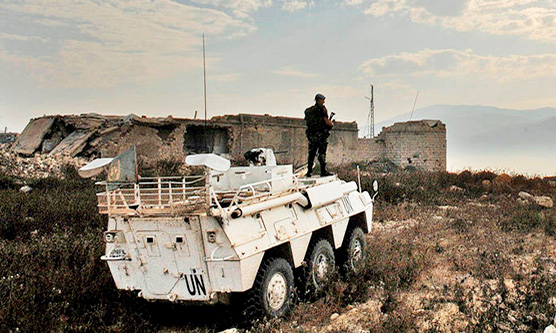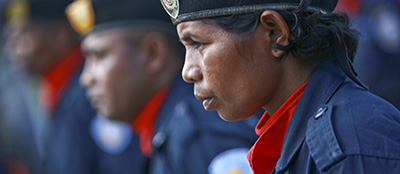Most in-depth analysis has found little evidence of a direct link between poverty and terrorism in Pakistan, arguing instead that terrorism should be seen as a response to political conditions and long-standing feelings of indignity, and frustration at lack of opportunity. Other commentators, however, argue that while this may explain the motivations of the Islamist leadership ...» more
Conflict
Stability and Development in Sudan – Three Areas
While there has been progress in the Three Areas (relative peace and stability; economic recovery in agriculture; the return of skilled and educated refugees and IDPs), the region remains volatile. Security is still an issue and the presence of land mines hinders recovery and development. Distrust of central government has persisted.The inadequate state of social services and ...» more
Pashtun Tribalism
Pashtuns take immense pride in their independence and have traditionally been fiercely resistant to central rule. Pashtun culture is governed by the ‘Pashtunwali’ which, literally translated as the ‘the way of the Pashtun’, is an unwritten code of honour which is integral to Pashtun identity.Pashtun society faces various challenges today, including the recent influx into ...» more
Drivers of Extremism
There is little consensus on what the key drivers of radicalisation and extremism are. Some scholars and policy-makers argue that an absence of participatory democracy and a legitimate arena to channel discontent contributes to extremism. However, others have found no causal connection between authoritarianism and extremism. A common finding in the literature is that while ...» more
Post-Conflict Recovery
There has been a push in recent years towards greater coordination and pooled financing mechanisms to promote sustainable post-conflict recovery. Donor coordination is facilitated through negotiated strategic frameworks, which articulate a shared vision, action plan and productive division of labour; and through common needs assessments. Pledging conferences have been ...» more
Economic Development and Peace in the Middle East
The development and conflict literature has noted links, generally, between economic development and stability/peace. However, there are few resources that focus specifically on this connection in the Middle East. This is, in part, because there are many other dimensions to stability/peace in the region beyond economics, such as continuing violent conflicts and occupation, ...» more
Climate change and conflict
There is very little academic research on the links between climate change and conflict. Of the few studies that are available, the findings are mixed. Most authors argue that whilst climate change may well result in increased conflict, this path is not certain. The most commonly discussed scenarios are that climate change causes resource scarcity, which prompts violent ...» more


